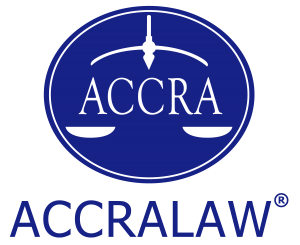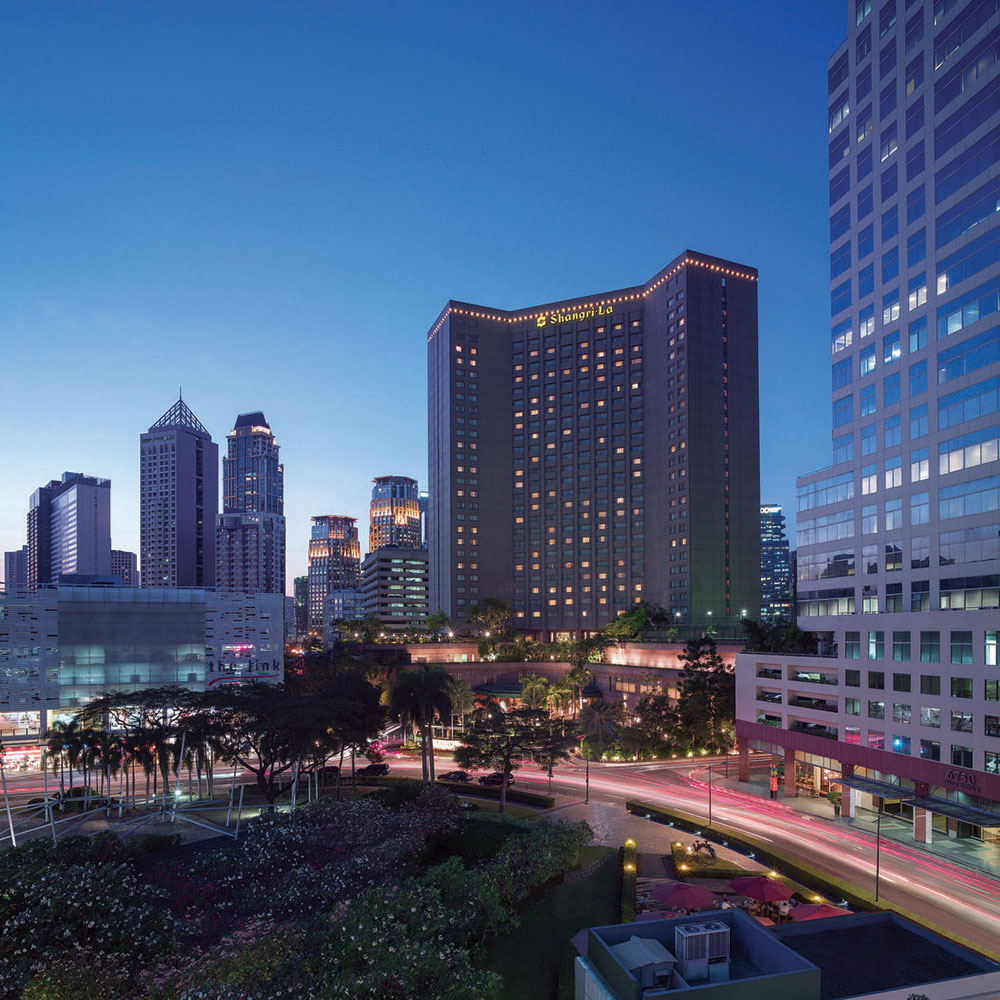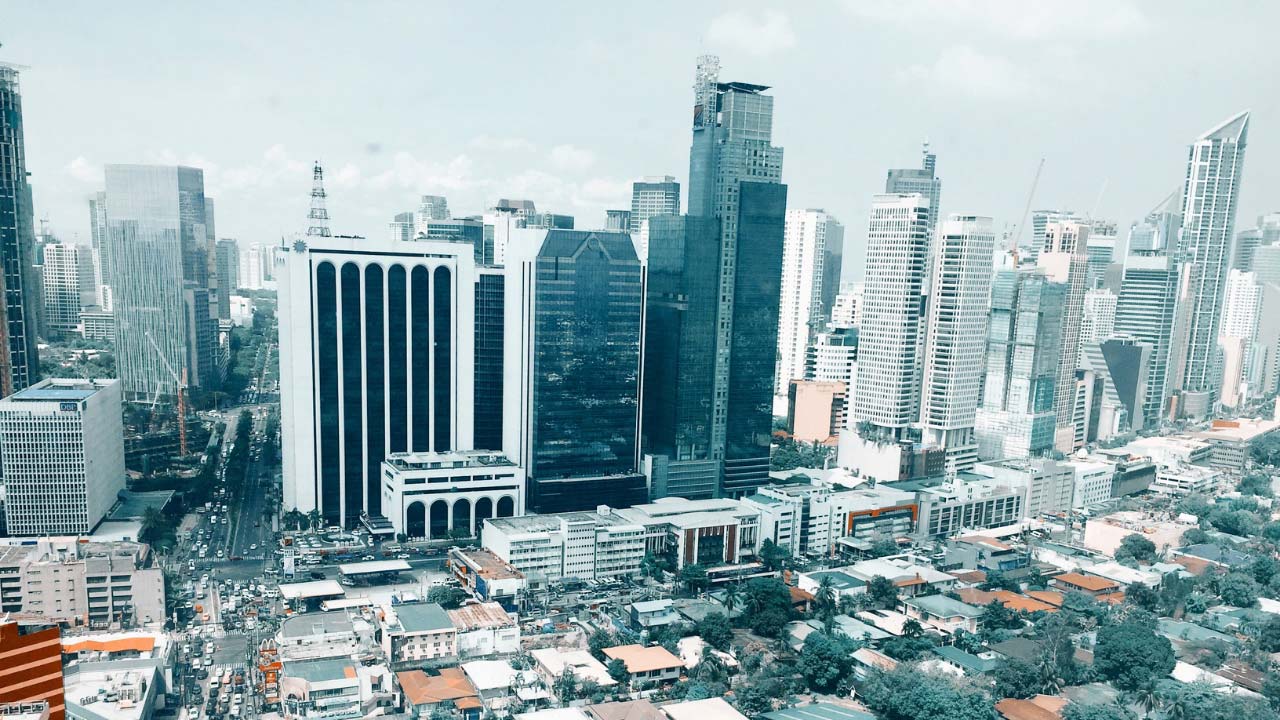
Based on the latest Foreign Direct Investment (FDI) regulatory restrictiveness index of the Organization for Economic Cooperation and Development (OECD), the Philippines obtained a score of 0.374 on a scale of 0 (open) to 1 (closed). In terms of ranking, the Philippines has the third most restrictive FDI rules out of 83 countries included in the OECD’s study.
This perhaps comes as no surprise given that the Philippines has a largely protectionist policy on national economy. In fact, this economic nationalism is built into the Philippine Constitution, which enshrines the Filipino First Policy and nationalizes key sectors in our society. However, it appears that the attitude has shifted in favor of FDIs.
On 10 December 2021, President Rodrigo Duterte signed into law Republic Act No. 11595, otherwise known as ‘[a]n Act amending Republic Act No. 8762 or the “Retail Trade Liberalization Act of 2000”, by lowering the required paid-up capital for foreign retail enterprises, and for other purposes’ (RA 11595).
Under the Retail Trade Liberalization Act of 2000 (RTLA), retail trade refers to any act, occupation or calling of habitually selling direct to the general public merchandise, commodities or goods for consumption which does not cover the following:
- Sales by a manufacturer, processor, laborer, or worker to the general public the products manufactured, processed, or products by him if his capital does not exceed PhP100,000 (approximately USD1,900)
- Sales by a farmer or agriculturist selling the products of his farm
- Sales in restaurant operations by a hotel owner or innkeeper irrespective of the amount of capital, provided that the restaurant is incidental to the hotel business
- Sales which are limited only to products manufactured, processed or assembled by a manufacturer through a single outlet, irrespective of capitalization
Despite its nomenclature, the RTLA, as amended, did not completely liberalize retail trade and retained a clear demarcation line between Filipino and foreign retailers in the Philippines, in terms of economic rights and investment privileges. However, it did ease the requirements for foreign retailers to invest in or engage in retail trade in the Philippines. Notably, its predecessor was Republic Act No. 1180 which effectively nationalized retail trade and prohibited aliens and corporations not wholly-owned by citizens of the Philippines from engaging in retail trade.
RA 11595 further lowers the barriers to entry in the retail industry by (a) removing the investment categories or classifications under the RTLA; and (b) lowering the minimum capitalization requirements for all foreign retailers to PhP25 million (approximately USD488,000) from a minimum paid-up capital of (i) USD2.5 million (approximately PhP128 million); or (ii) USD250,000 (approximately PhP13 million) per store if the enterprise specializes in high-end or luxury products. The new minimum paid-up capital requirement will nevertheless be subject to review by the Department of Trade and Industry (DTI), the Securities and Exchange Commission (SEC), and the National Economic and Development Authority (NEDA) every three (3) years from the effectivity of RA11595.
In addition, RA 11595 lowers the minimum investment requirement per store from USD830,000 (approximately PhP43 million) per store to at least PhP10 million (approximately USD200,000). Under RA 11595, minimum investment per store is defined as the value of the gross assets, tangible or intangible, including but not limited to buildings, leaseholds, furniture, equipment, inventory, and common use investments and facilities such as administrative offices, warehouses, preparation or storage facilities. The investment for common use and facilities, as reflected in the financial statements following the accounting standards adopted by the SEC or the DTI, whichever is applicable, shall be prorated among the number of stores being served.
Other significant changes brought about by RA 11595 are (a) the removal of the requirement for foreign retailers to obtain a Certificate of Prequalification from the Board of Investments and to show proof of compliance with the prequalification requirements; and (b) the deletion of the requirement for retail enterprises with foreign ownership of more than eighty percent (80%) to offer a minimum of thirty percent (30%) of their equity to the public through any stock exchange in the Philippines within eight (8) years from their start of operations.
However, RA 11595 retains the reciprocity requirement such that the foreign retailer’s country of origin should not prohibit the entry of Filipino retailers to be allowed to register in the Philippines.
Under RA 11595, the DTI, in coordination with the SEC and NEDA, was required to formulate and issue the implementing rules and regulations of RA 11595 (IRR). In this connection, the IRR was issued on 9 March 2022 and took effect on 27 March 2022.
The IRR specifies the documentary requirements for the registration of foreign retailers, which include (a) a Certificate of Inward Remittance of Foreign Exchange issued by an authorized agent bank; and (b) a certificate from the proper official of the home state of the foreign retailer or the local embassy or consulate of the home state of the retailer to the effect that such state allows entry Filipino retailers to their territory. In this regard, the IRR defines a foreign retailer as a foreign national, partnership, association, or corporation of which more than forty percent (40%) of the capital stock outstanding and entitled to vote is owned and held by such foreign national, engaged in retail trade.
Significantly, the IRR clarifies that the registration requirements for foreign retailers apply to foreign retailers intending to engage in retail trade through purely online channels.
On the minimum paid-up capital requirement, the IRR provides that the paid-up capital of PhP25 million, which may be in cash or property, may be used to purchase assets for purposes of complying with the investment requirement per store.
On the reporting requirements, the IRR mandates the submission of annual reporting requirements with an attachment to the audited financial statements reflecting the following, among others:
- Maintenance and actual use of the paid-up capital requirements
- Number and location of stores, investment per store, and the status of operation of each store
- Stock inventory of locally manufactured products, if applicable
- Other reports as may be prescribed by the SEC or the DTI
The foreign retailer must also keep its records, inventory, and books of accounts available at all times for inspection by the SEC or DTI, as applicable.
Finally, RA 11595 and its IRR reduce the penalties provided in the RTLA for violation of its provisions from imprisonment of six (6) to eight (8) years, to four (4) to six (6) years, and a fine from PhP1 million (approximately USD20,000) to PhP20 million (approximately USD390,000), to PhP1 million (approximately USD20,000) to PhP5 million (approximately USD98,000).
With the passage of RA 11595 and its IRR, market entry barriers in the retail industry, particularly for foreign retailers, have eased. We will likely see more players in the domestic market, whose investments will, in turn, hopefully boost the economy’s recovery from the effects of the pandemic.
This article is for general informational and educational purposes only and not offered as and does not constitute legal advice or legal opinion.
By Monique B. Ang, Associate, ACCRALAW

Monique B. Ang mbang@accralaw.com Monique B. Ang is an Associate of the Corporate & Special Projects Department of the Angara Abello Concepcion Regala & Cruz Law Offices (ACCRALAW). |

Angara Abello Concepcion Regala & Cruz Law Offices (ACCRALAW)
22/F, ACCRALAW Tower, 2nd Avenue corner 30th Street, Crescent Park West,
Bonifacio Global City, 1635 Taguig, Metro Manila, Philippines
(632) 8830-8000
https://accralaw.com/the-firm/
* This article was first published in April 2022 issue of the IHC Magazine. You can read/download the magazine here.















